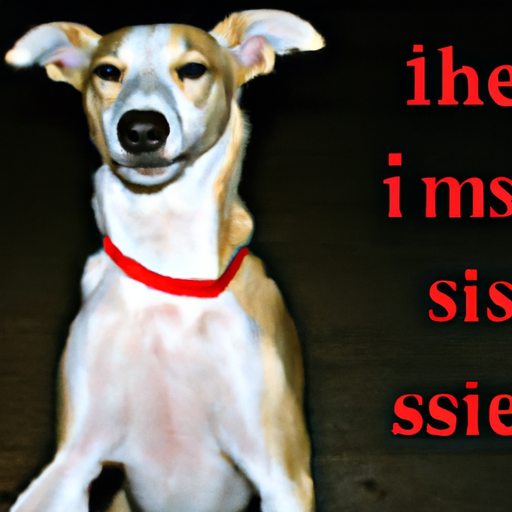Understanding the Misconception
It’s important to start with a necessary clarification: the idea that Muslims “hate” dogs is a common misconception. There is no teaching in Islam that promotes hatred of any kind towards any of God’s creatures, including dogs. Misunderstandings often stem from differences in cultural practices and interpretations of religious texts.
The Islamic Perspective on Dogs
According to Islamic tradition, cleanliness is a significant aspect of a Muslim’s life. Dogs, especially their saliva, are considered ritually impure. This label, however, does not translate to hatred or fear. It simply means that a Muslim must perform ritual purification before performing their prayers if they’ve come into contact with a dog’s saliva.
Some Muslims choose not to keep dogs as pets because of this, but others do while ensuring they maintain their ritual purity. This varies greatly depending on individual interpretation and cultural practices.
Dogs in Islamic History
In Islamic history, dogs are not depicted as evil or bad. In fact, there’s a story in the Qur’an, Islam’s holy book, that speaks highly of a dog. In the tale of the “Seven Sleepers of Ephesus,” a dog named Qitmir protects a group of young men fleeing religious persecution. The dog is recognized as loyal and protective.
The Influence of Culture
Much of the perceived “dislike” of dogs can be attributed to cultural norms rather than religious beliefs. It’s important to separate the two. In some Middle Eastern and Asian cultures, keeping dogs indoors is seen as unhygienic. This has more to do with societal norms than religious doctrine.
| Religious Beliefs | Cultural Practices |
|---|---|
| Ritual purity | Indoor hygiene |
| Prayer requisites | Pet preference |
Respecting Differences
As caregivers, it’s essential to respect cultural and religious differences. Misconceptions can lead to stereotypes that foster misunderstanding and discrimination. It’s always better to ask and learn rather than assume.
- Understand the difference between cultural norms and religious beliefs.
- Be open to learning about different practices and perspectives.
- Remember that individual practices can vary greatly even within the same religion.
- Always approach with respect and sensitivity.
FAQ
Do all Muslims dislike dogs?
No, this is a misconception. Individual beliefs and practices can vary greatly.
Is it against Islam to have a dog?
No, it’s not against Islam to have a dog. However, certain guidelines about cleanliness and ritual purity are to be maintained.
Why are dogs considered impure in Islam?
The saliva of dogs is considered ritually impure in Islam. This means a Muslim must cleanse themselves after contact with a dog’s saliva before performing prayers.
Is it true that Muslims cannot touch dogs?
Some Muslims avoid touching dogs due to the belief about ritual impurity, but this does not apply to all.
Can Muslims keep dogs as pets?
Yes, many Muslims do keep dogs as pets, while ensuring they maintain their ritual purity. It greatly depends on individual interpretation and cultural practices.



